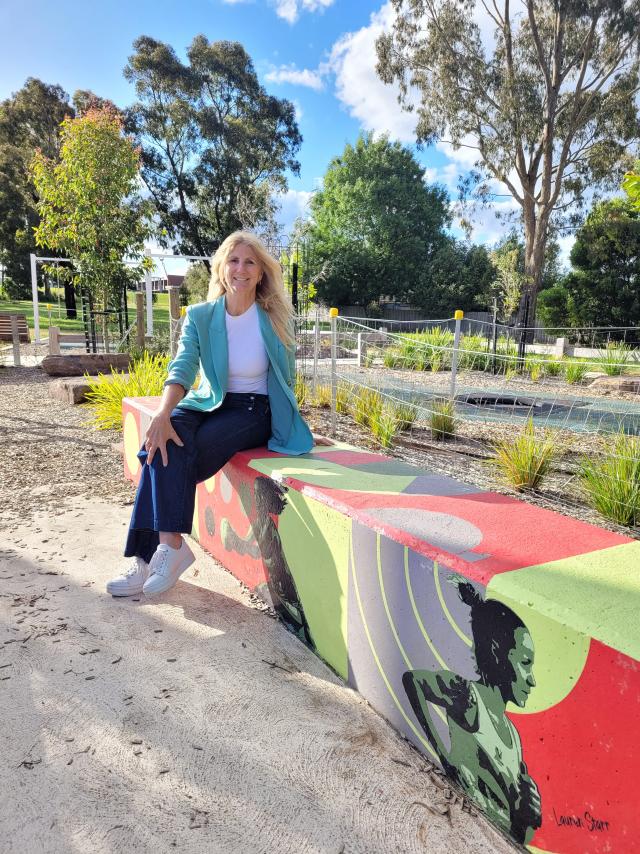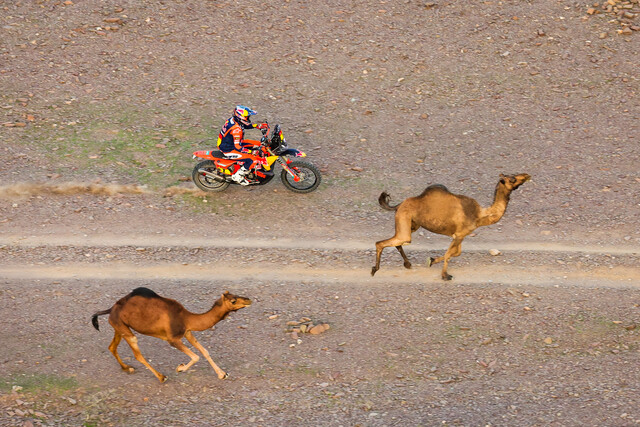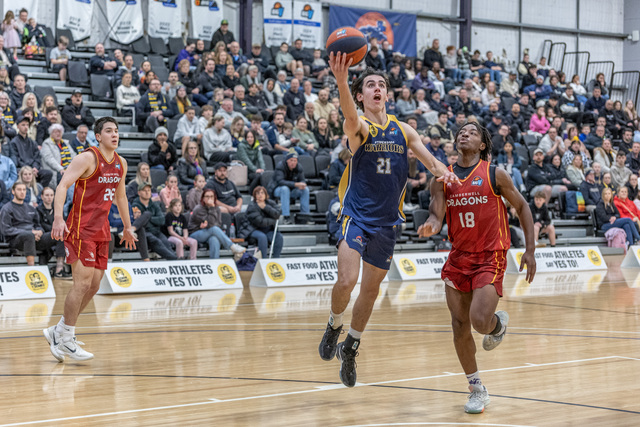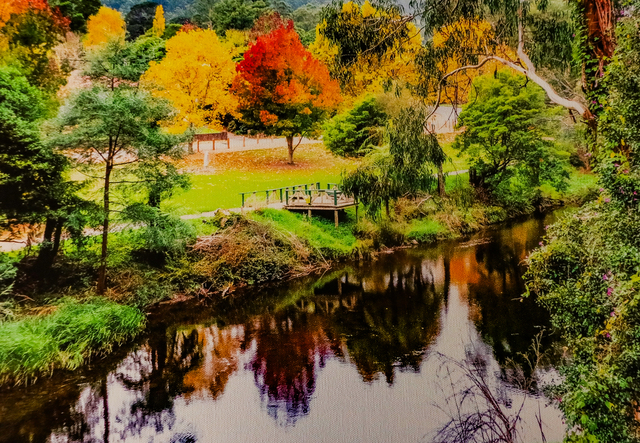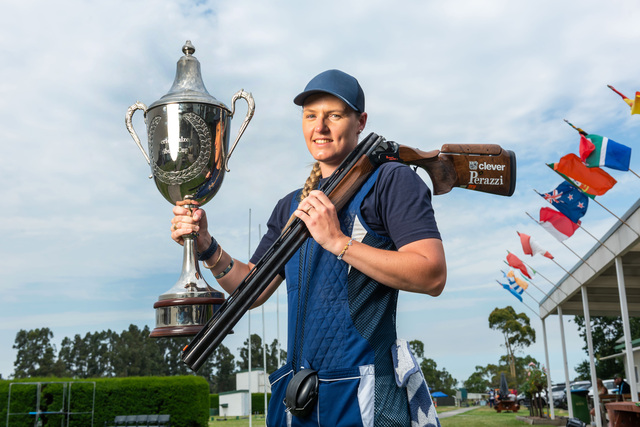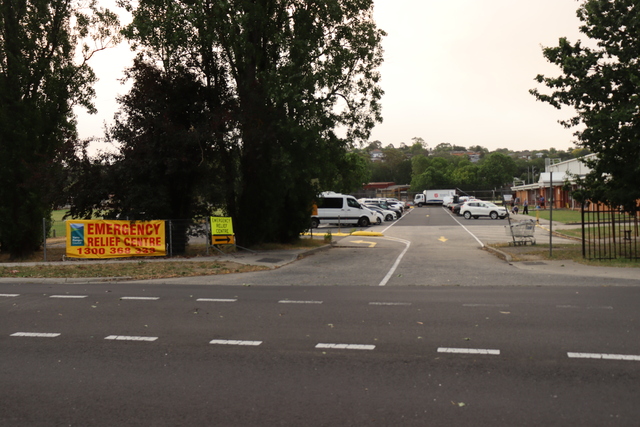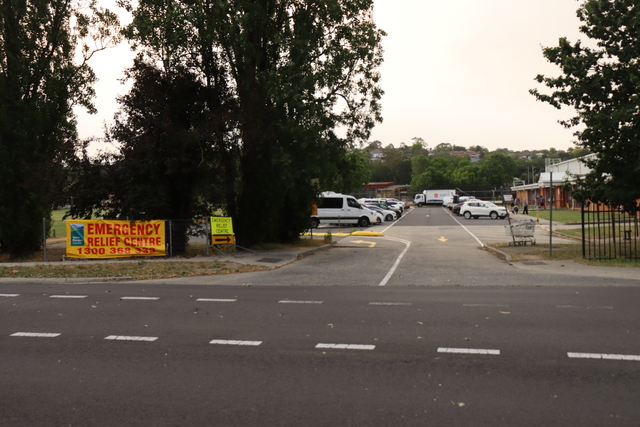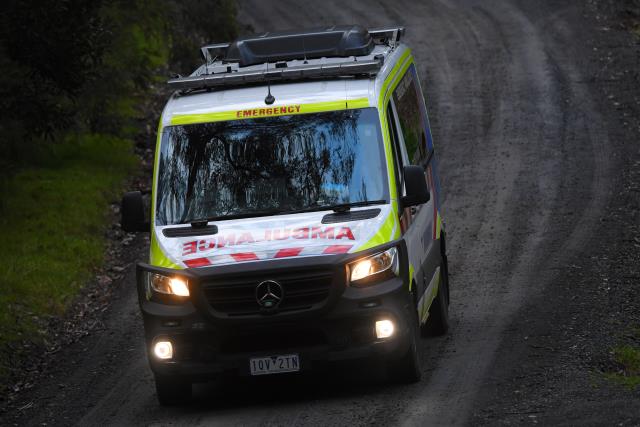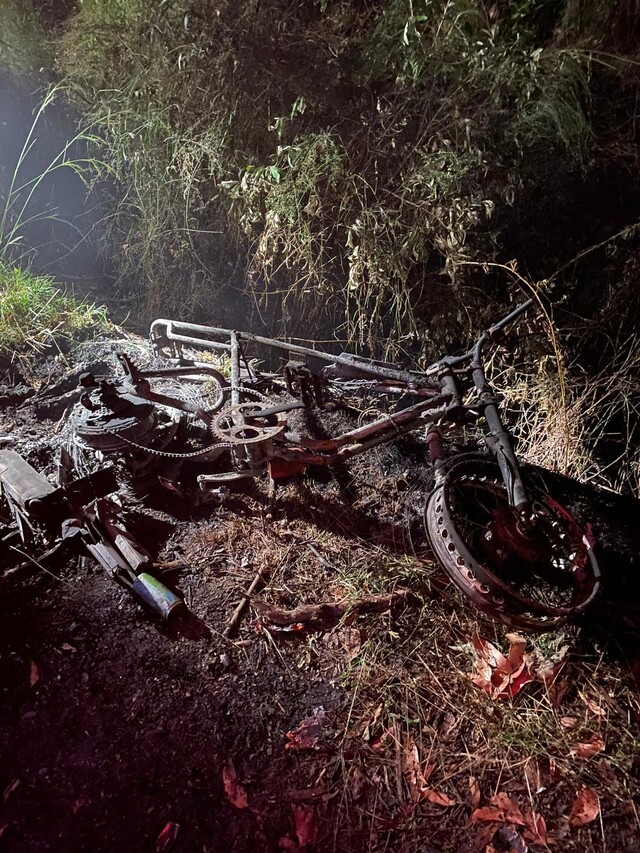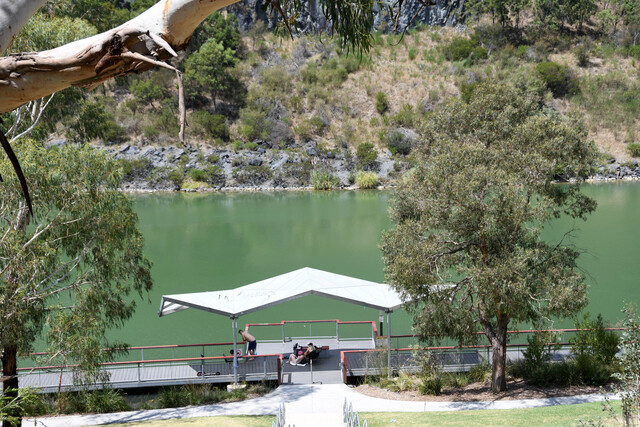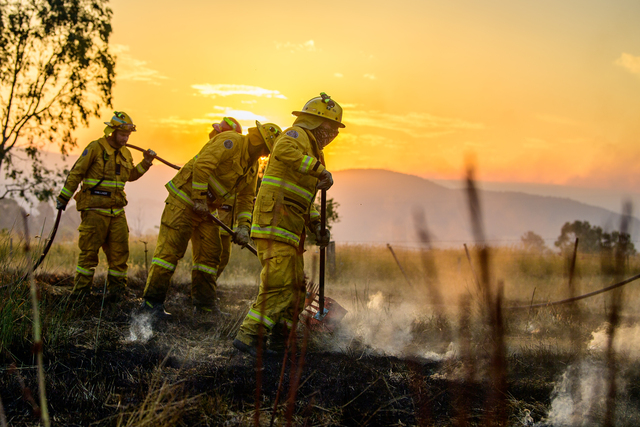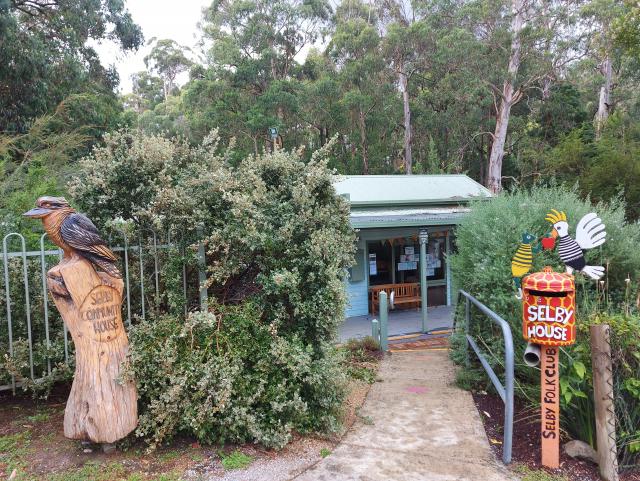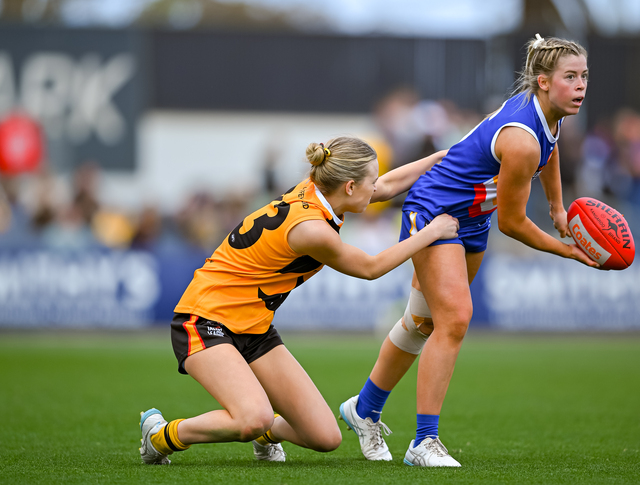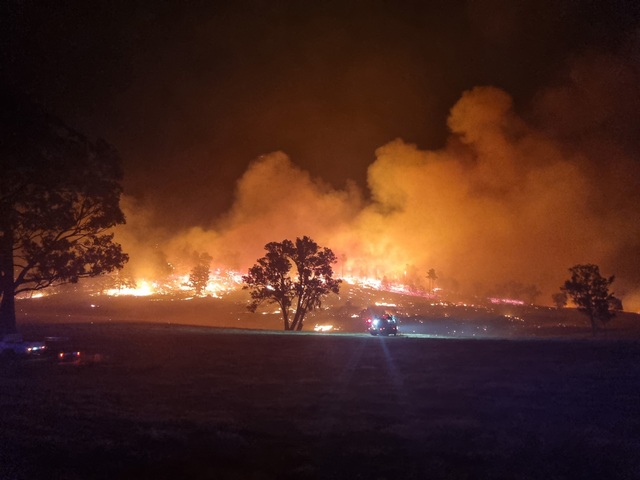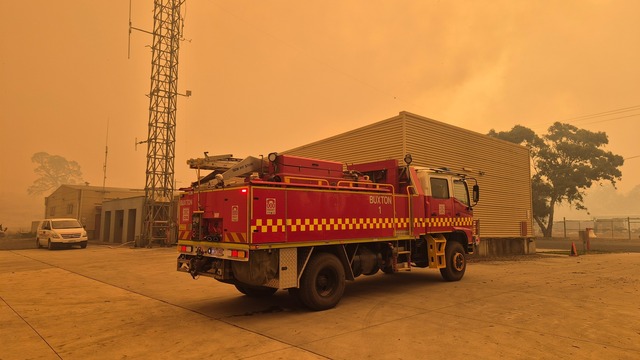Yarra Ranges Council is looking to bridge the gender gap in the municipality by working with the state-wide Put Her Name On It campaign run by Gippsland woman Kerry Wilson.
The Put Her Name On It Campaign project began in 2020, when Wilson called on Premier Daniel Andrews to develop a list of women the state could name things after, and name sites after women moving forward in order to start increasing the number of public places, streets and commemorations named after women.
Since the campaign launch, Gender Equity Victoria and Geographic Place Names have become supporters, with Geographic Place Names about to send out a message to the 700 naming authorities in the state, 79 of those local governments, making them aware that in May this year naming rules were changed to include gender equality and Aboriginal naming principle.
“We’re trying to find out what people need, trying to look at what templates of tools or resources and support they might need, and we can design some initiatives around that to actually try and fast track people,” Wilson said.
Wilson said Darebin City Council has recently agreed to develop a draft place naming policy which proposes 75 per cent of all things named after a person be named after a woman.
“These policy positions have a systemic change that we’re looking for, they they set the scene… the council can do so much, but it’s up to the community and what they can do…[by sharing] names of women or identifying locations,” Wilson said.
So far, Wilson has identified three places commemorating, or named after, women in the Yarra Ranges; including Dame Nellie Melba’s statue at Coombe Estate in Coldstream and a seat at Lilydale’s Gateway Reserve acknowledging six sportswomen.
While the difference in the amount of sites, public places and commemorations named after men in comparison to women is not yet known, Wilson said it is clear there is a gap.
“We want to show the stories of women that lived and accomplished and taught us lessons and contributed to their community or to the stories of Victoria in their local area,” Wilson said.
“There are many, many women that have made significant contributions to Victoria and these public areas that have not been acknowledged in any way, but we want to make sure that we tell the intersectional stories, that we don’t just tell the easy to find ones…[ones that] started a movement of First Nations women, of women with disabilities, the contributions that they’ve made, and multicultural community, how they’ve had to come and resettle and the things that they’ve done to contribute to a better community for all of us,” she said.
Yarra Ranges Council’s Senior Gender Equity Business Partner, Jess Occleston, said the council is looking at developing a place naming policy.
“Part of that will include agenda impact assessments, something that we really are required to do because of legislation, but it’s also something that we’re really keen to do; that will involve conducting an audit on some of our place names; street names, our local reserves or recreation facilities that we can try and get some data on to find out the origins of those names and where they came from,” Occleston said.
Occleston said it is umportant to make sure the municipality has diversity everywhere, and place names are important as they are so visible to the community.
“It’s really important for our young people as well to see that boys, girls, gender diverse people can be celebrated, can be leaders and in different areas, too,” she said.
“It all goes towards achieving that gender equality that we want to see in community, and really the work that we started doing around gender equality as the backbone in the prevention of violence against women; we know that societies that are more gender equal, in all regards have lower rates of family violence… it’s all contributing to that society where we that we want to say everybody celebrated everyone included.”
Indigenous names will also be an important part of the audit.
In March 2023, Put Her Name on It will launch Victorian commemorative tour called Finding Her which includes 40 sites across the state, telling the stories of about 80 women.
It involves murals, statues, plaques, parks and headstones; some of which will be in the Yarra Ranges.

